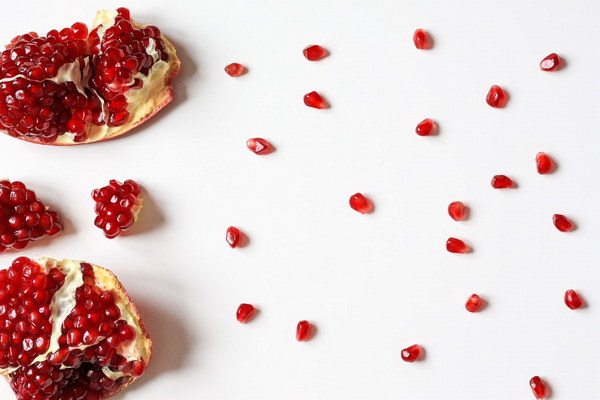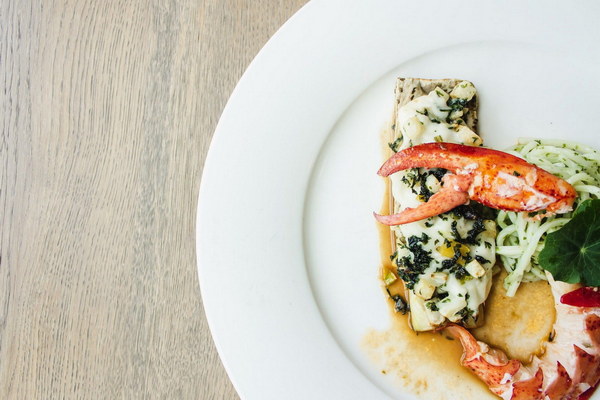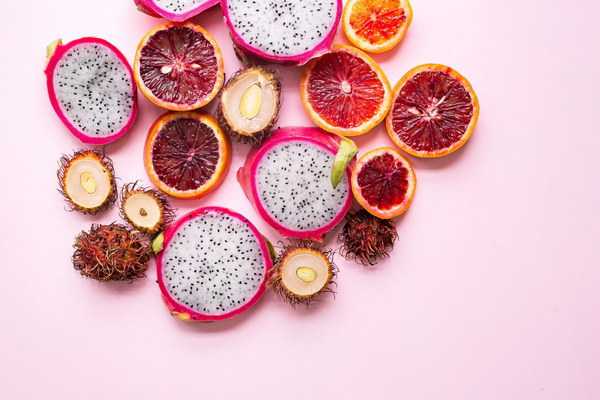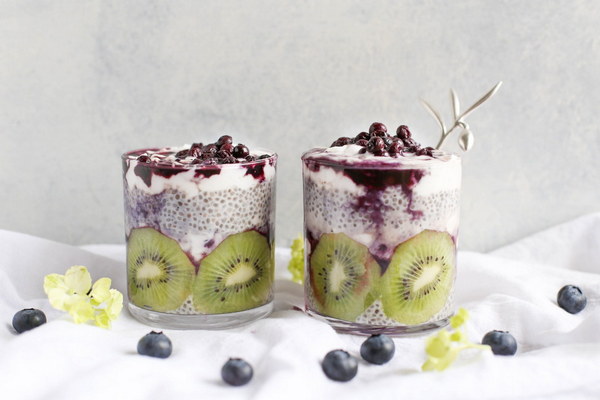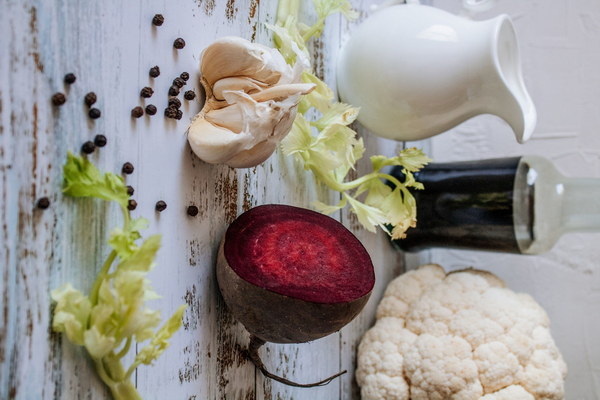Unleash the Power of Ginseng A Comprehensive Guide to Complementary Foods for Maximum Health Benefits
Introduction:
Ginseng, a traditional herb known for its numerous health benefits, has been cherished for centuries. Known for its ability to boost energy, enhance immune function, and promote overall well-being, ginseng is a popular choice for those seeking to improve their health. While ginseng itself is a powerful supplement, consuming it with the right complementary foods can maximize its benefits. In this article, we will explore the best foods to pair with ginseng for enhanced health outcomes.
1. Green Tea:
Green tea is an excellent complementary food for ginseng due to its high content of antioxidants and polyphenols. These compounds work synergistically with ginseng to improve energy levels, support brain function, and enhance the immune system. Green tea's ability to aid in digestion also makes it a great choice for those who may experience stomach discomfort when taking ginseng.

2. Nuts and Seeds:
Nuts and seeds, such as almonds, walnuts, chia seeds, and flaxseeds, are rich in healthy fats, protein, and essential nutrients that can enhance the benefits of ginseng. These nutrients help to improve energy levels, support heart health, and boost the immune system. Additionally, nuts and seeds contain antioxidants that may help to reduce inflammation and oxidative stress, further enhancing the benefits of ginseng.
3. Fruits:
Fruits, particularly berries, apples, and oranges, are excellent sources of vitamins, minerals, and antioxidants. Consuming these fruits alongside ginseng can help to improve overall health and support the immune system. The high vitamin C content in these fruits also aids in the absorption of ginseng's active compounds, maximizing its benefits.
4. Fish and Shellfish:
Fatty fish, such as salmon, mackerel, and sardines, are rich in omega-3 fatty acids, which have been shown to support brain health, reduce inflammation, and improve heart function. Consuming fish or shellfish with ginseng can provide a powerful combination of nutrients that support overall health and well-being.
5. Fermented Foods:
Fermented foods, such as yogurt, kefir, sauerkraut, and kimchi, contain probiotics that help to maintain a healthy gut microbiome. A healthy gut is essential for overall health, as it plays a crucial role in nutrient absorption and immune function. Pairing ginseng with fermented foods can enhance its benefits and contribute to a balanced diet.
6. Whole Grains:
Whole grains, such as brown rice, quinoa, and oatmeal, are rich in fiber, vitamins, and minerals that support overall health. Consuming whole grains with ginseng can help to regulate blood sugar levels, improve heart health, and support digestive function. The combination of complex carbohydrates and ginseng may also contribute to sustained energy levels throughout the day.
7. Vegetables:
Vegetables, particularly leafy greens and cruciferous vegetables like broccoli and cauliflower, are packed with essential nutrients and antioxidants. These nutrients work together with ginseng to support immune function, reduce inflammation, and promote overall health. Incorporating a variety of vegetables into your diet when taking ginseng can help to maximize its benefits.
Conclusion:
Ginseng is a powerful herb that can contribute to overall health and well-being when consumed correctly. By pairing ginseng with complementary foods like green tea, nuts and seeds, fruits, fish and shellfish, fermented foods, whole grains, and vegetables, you can enhance its benefits and create a balanced diet that supports optimal health. Remember to consult with a healthcare professional before starting any new supplement regimen, including ginseng, to ensure it's appropriate for your individual health needs.

